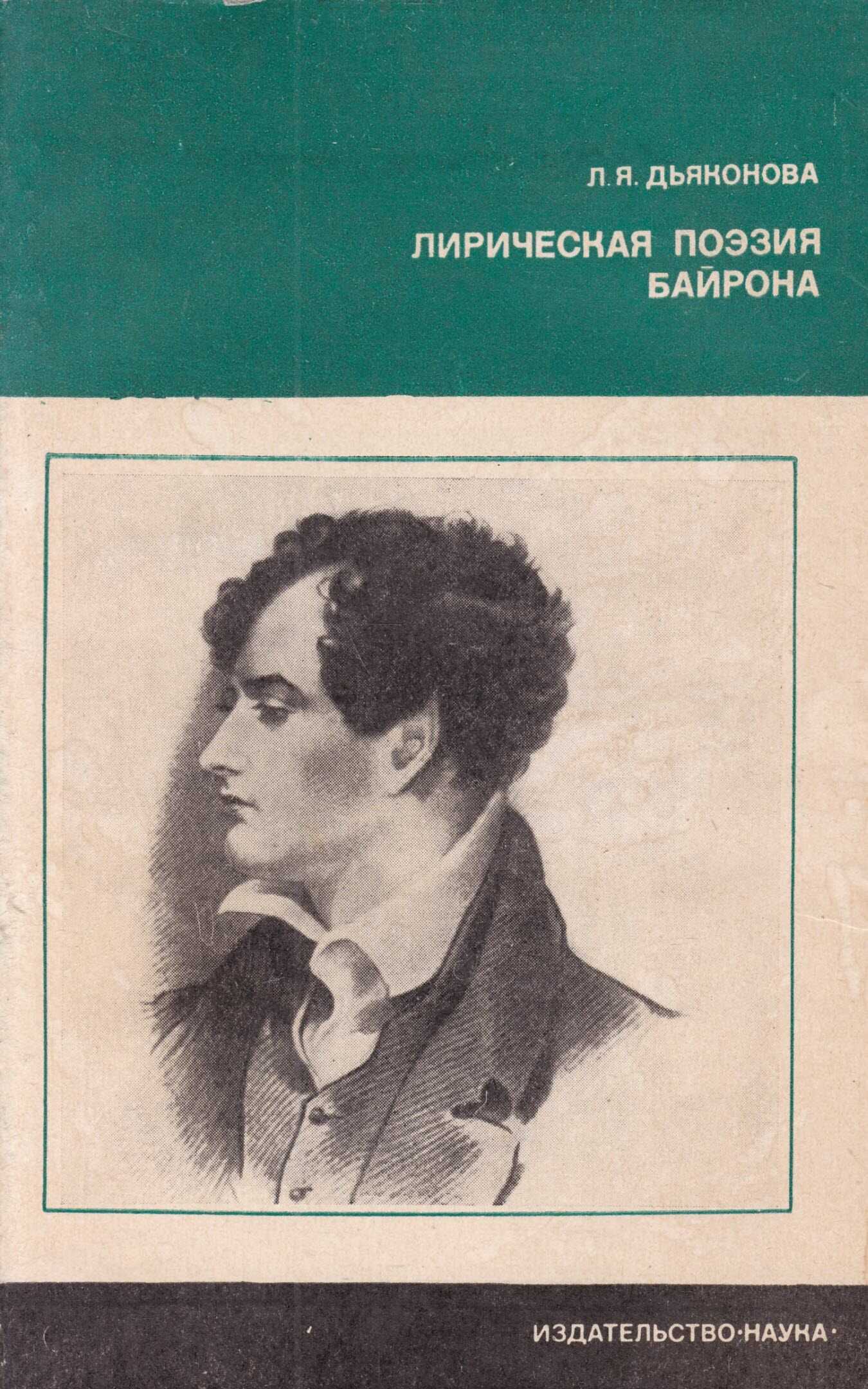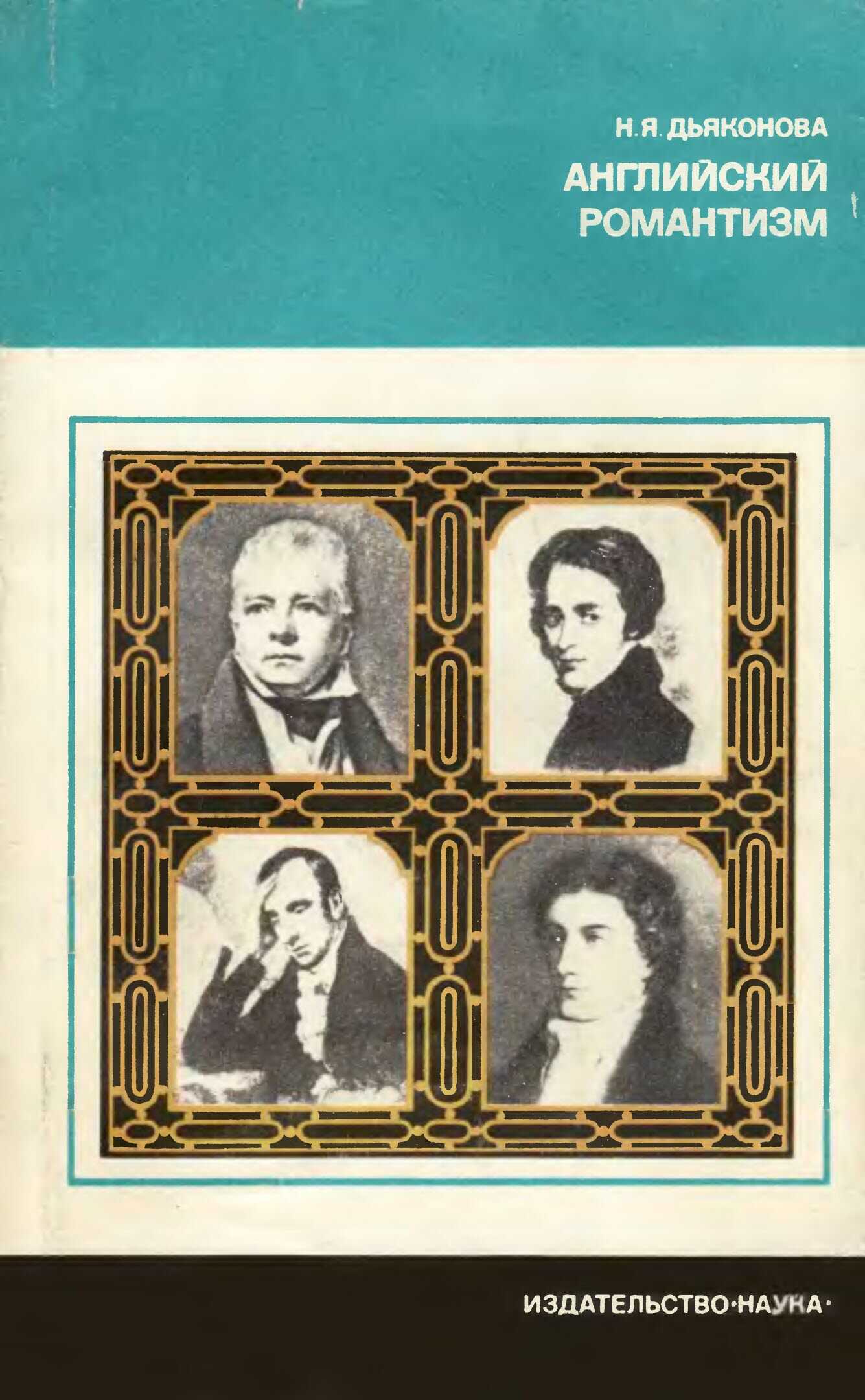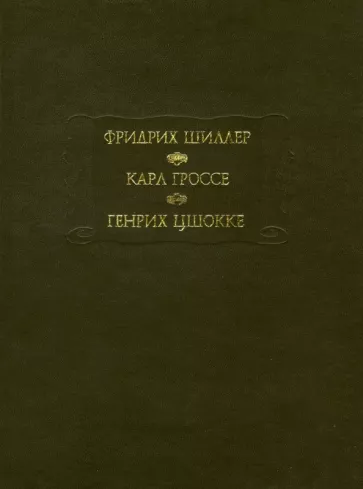Шрифт:
-
+
Закладка:
Сделать
Перейти на страницу:
Книга представляет собой серию очерков о выдающихся английских романтиках (Кольридже, Вордсворте, Скотте, Байроне, Шелли, Китсе). Основное внимание автор уделяет их философско-эстетическим исканиям. В книге рассматриваются также общие проблемы английского романтизма, раскрываются его философские и литературные истоки, показывается разнообразие его направлений, выявляется единство его как историко-литературного явления.
Перейти на страницу:
Еще книги автора «Нина Яковлевна Дьяконова»:





